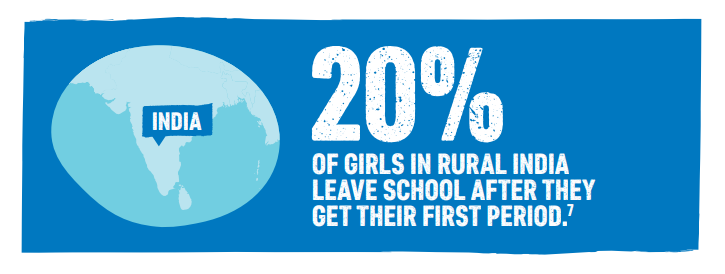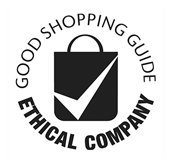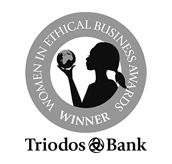What is Menstrual Hygiene Day? And why it’s so important…
What is Menstrual Hygiene Day?
Menstrual Hygiene Day, spearheaded by Berlin-based nonprofit WASH United, is held annually on 28th May. It is an awareness day created to highlight the need for menstrual hygiene rights for everyone worldwide.
Through social media campaigning, Menstrual Hygiene Day aims to break the stigma around menstruation, provide access to menstrual health education, and create the opportunity for all to have access to what they need to effectively manage their periods.
What’s the theme of Menstrual Hygiene Day 2019?
This year’s theme for MHD is #NoMoreLimits – a powerful call to action that hopes for a world where nobody is limited by the fact they have a period – where everyone is empowered to manage their menstruation in a safe and hygienic way.
The second campaign hashtag: #ItsTimeForAction reinforces the urgent need for change; in breaking social stigma, improving education, and ensuring that everyone has access to the products they need.
Why is Menstrual Hygiene Day so important?
Access to menstrual products and safe, hygienic facilities in which to use them are essential for anyone who menstruates.
And we passionately believe that everyone should have the basic right to menstruate without shame or stigma.
However, for so many, this is not the case.
Poor menstrual hygiene management (MHM) can impact personal health and social wellbeing in a number of different ways. From being shunned from society to reside in dangerous menstruation huts in Nepal, to missing out on school due to periods in Kenya; millions are being affected by the associated issues of poor menstrual health, every month.
Menstrual Hygiene Management
The inaccessibility of menstrual products in poorer regions can lead to resourceful solutions from using rags to cow patties, old blankets or leaves (sometimes worn internally to stop the menstrual flow).
The health risks of these practices are clear, but there are other less obvious consequences that are linked with inadequate access to MHM. These include poor school attendance in the years following the start of menstruation, which can impact on education levels, widening the gender equality gap further.
Beyond this, multiple larger factors are tied in with the conversation: issues such as financial inequality (with some even resorting to exchanging sex for menstrual products), child marriage, gender-based violence, discrimination and gender stereotypes; all of which have the potential to hold those affected back from achieving their full potential.
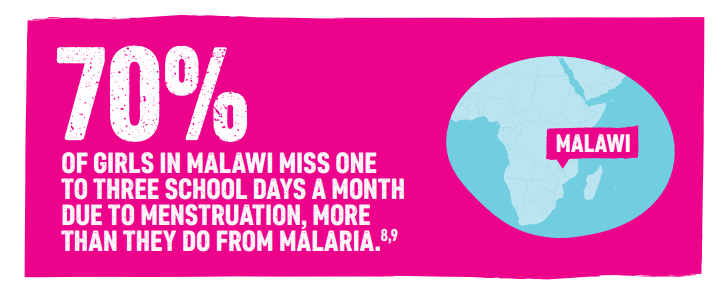
Period Poverty in the UK
Menstrual Hygiene Day is a day to both look at the problems happening worldwide, as well as closer to home. With the much-needed attention that has been given to period poverty recently, there is greater awareness of the impact of severe financial difficulty on all aspects of life- including menstruation. Studies carried out by Plan International state that in the United Kingdom ‘one in 10 girls between the ages of 14 and 21 have been unable to afford sanitary products, while 49% missed an entire day of school because of their period.’
A short film from BBC Scotland reported that interviewees used items such as socks and tissues as improvised sanitary wear when menstrual products were unaffordable.
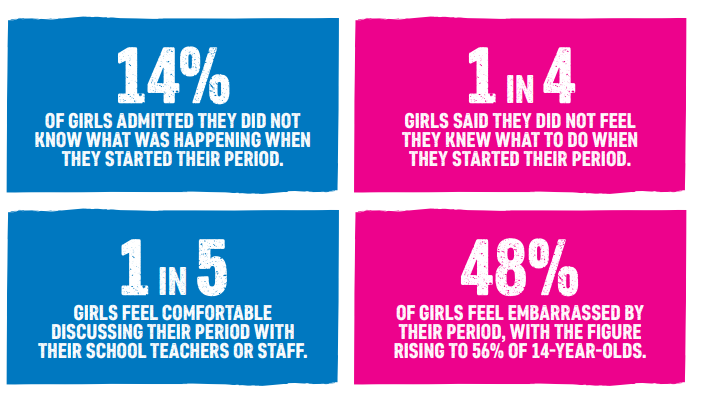
With the issue of period poverty so prevalent in the UK today, the greater social issues around austerity seem too palpable to ignore. However, in the countries sometimes described as the Global South, the problem is even greater.
The global problem
International charity, WaterAid report that 1 in 9 people do not have clean water close to their home and 1 in 3 do not have a decent toilet of their own. The recent photography campaign by WaterAid raises awareness of the different ways in which periods are managed around the world, including methods such as menstruating into a hole in the ground in Uganda.
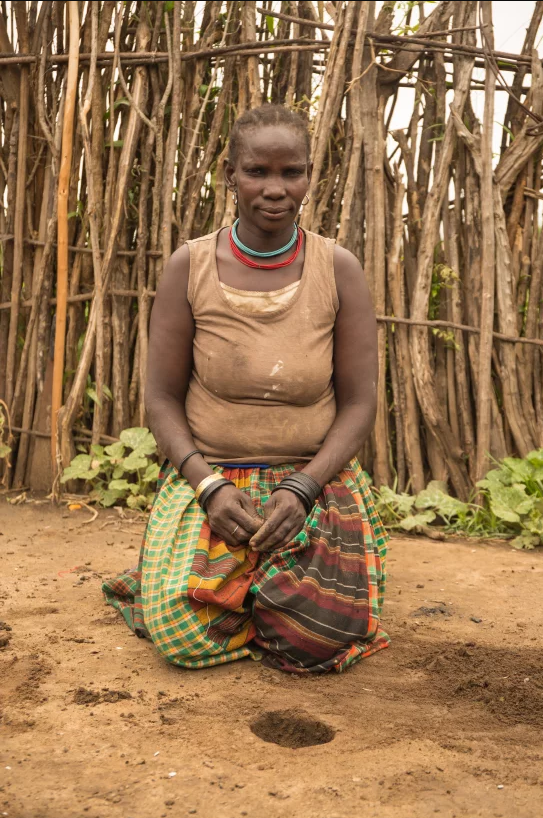
WATERAID/ JAMES KIYIMBA.
WaterAid hope to raise awareness with the campaign, their end goal: “to ensure that women are not excluded from society once a month as a result of a natural process.” You can see the full series of powerful photographs that show how periods are managed around the world, over on Refinery29.
Menstrual taboos
Cultural taboos and stigmas can foster shame around menstruation, with religious and cultural norms impacting negatively on those who menstruate. An example of this can be seen in parts of India, where you are not allowed to touch food or enter the kitchen during menstruation.
As Plan International explain,
“Girls all over the world suffer during menstruation because of religious or cultural norms which often derive from patriarchal notions about a woman’s status and place in society”.
As noted in the opening of their 2017 report, “Menstrual stigma is often internalised by individuals and reproduced in societies across the world.”
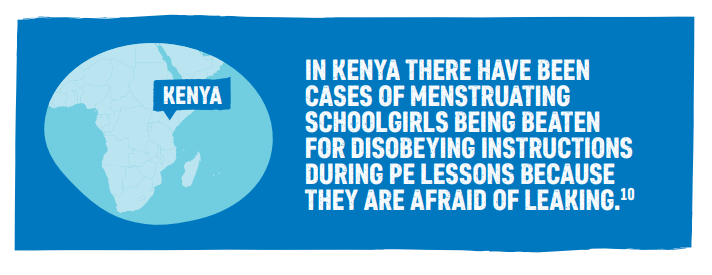
What can we do to help?
At Mooncup Ltd we are proud to support menstrual health projects globally. You can find out more about the fantastic organisations we work with over on our Charity Support page.
One of the best ways we can all help this Menstrual Hygiene Day is to raise awareness and/or make a donation to a charity which is working to help solve the problem.
Spread awareness
Use social media as a force for good by using the hashtags below to spread the word on this important cause.
Some good articles to read and share include :
This article 🙂 Tweet this article now!
Refinery29 How Periods look around the world
ActionAid Whats the link between Period Poverty and Violence?
Refinery29 The organisations fighting period poverty
Don’t forget to use the hashtags!
#MenstrualHygieneDay
#NoMoreLimits
#ItsTimeForAction
Donate to a menstrual hygiene cause
Here are some of the charities you could support this Menstrual Hygiene Day:
Found this article interesting? You may also be interested in:
Government backed scheme offers free access to period products in schools – including the Mooncup®

